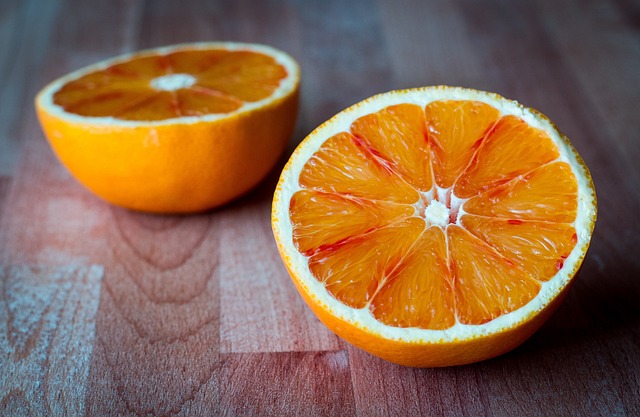The Ultimate Guide to Probiotics: Everything You Need to Know
Probiotics have become increasingly popular in recent years, as more and more people are discovering the many health benefits associated with incorporating these beneficial bacteria into their diets. But what exactly are probiotics, and how do they work? In this ultimate guide to probiotics, we’ll cover everything you need to know about these tiny organisms.
What are Probiotics?
Probiotics are live microorganisms that provide a range of health benefits when consumed in adequate amounts. Most probiotics are bacteria, but some are yeasts. These microorganisms are naturally present in the human gut and play a crucial role in maintaining a healthy digestive system. They work by helping to break down food, absorb nutrients, and fight off harmful pathogens.
How Do Probiotics Work?
Probiotics work by colonizing the gut with beneficial bacteria. When you consume probiotics, these live microorganisms take up residence in your digestive tract, where they help to promote digestion, enhance immune function, and inhibit the growth of harmful bacteria.
The key to probiotics’ effectiveness lies in their ability to populate the gut with beneficial bacteria. These microorganisms produce lactic acid, which helps to create an environment in which harmful bacteria cannot thrive. Additionally, probiotics help to stimulate the production of a class of immune cells known as IgA, which play an important role in protecting against infections.
Health Benefits of Probiotics
Probiotics have been shown to provide a wide range of health benefits, including:
- Improved Digestion – Probiotics help to break down food and absorb nutrients, which can improve digestion and reduce symptoms of digestive issues such as constipation, diarrhea, and bloating.
- Enhanced Immune Function – Probiotics stimulate the production of IgA and other immune cells, which can help to protect against infections and boost overall immune function.
- Reduced Inflammation – Probiotics have been shown to reduce inflammation throughout the body, which can help to lower the risk of chronic diseases such as heart disease and diabetes.
- Improved Mental Health – There is emerging evidence to suggest that probiotics may help to improve mood and reduce symptoms of anxiety and depression.
Sources of Probiotics
Probiotics can be found in a variety of foods and supplements. Some of the best dietary sources of probiotics include:
- Yogurt – This fermented dairy product is one of the best dietary sources of probiotics, containing up to 100 billion CFUs (colony forming units) per serving.
- Kefir – Similar to yogurt, kefir is a fermented dairy product that contains a range of beneficial bacteria and yeasts.
- Sauerkraut – This fermented cabbage dish contains a range of beneficial bacteria and has been shown to improve digestion and enhance immune function.
- Kimchi – A traditional Korean dish made from fermented vegetables, kimchi is another great source of probiotics.
- Tempeh – This fermented soybean product is a popular vegetarian source of probiotics.
In addition to these dietary sources, probiotic supplements are also widely available. These supplements typically contain high concentrations of beneficial bacteria and are available in a range of forms, including capsules, powders, and probiotic drinks.
Choosing the Right Probiotic Supplement
If you’re considering taking a probiotic supplement, it’s important to choose the right one. Here are some factors to consider:
- Strain – Different types of bacteria have different health benefits, so it’s important to choose a supplement that contains the strains that are best suited to your needs.
- CFUs – Look for a supplement that contains at least 10 billion CFUs per serving.
- Expiration date – Probiotic supplements can lose their effectiveness over time, so make sure to choose a supplement with a long expiration date.
- Storage requirements – Some probiotic supplements require refrigeration to maintain their effectiveness, so make sure to follow the manufacturer’s storage instructions carefully.
Conclusion
Probiotics are live microorganisms that provide







